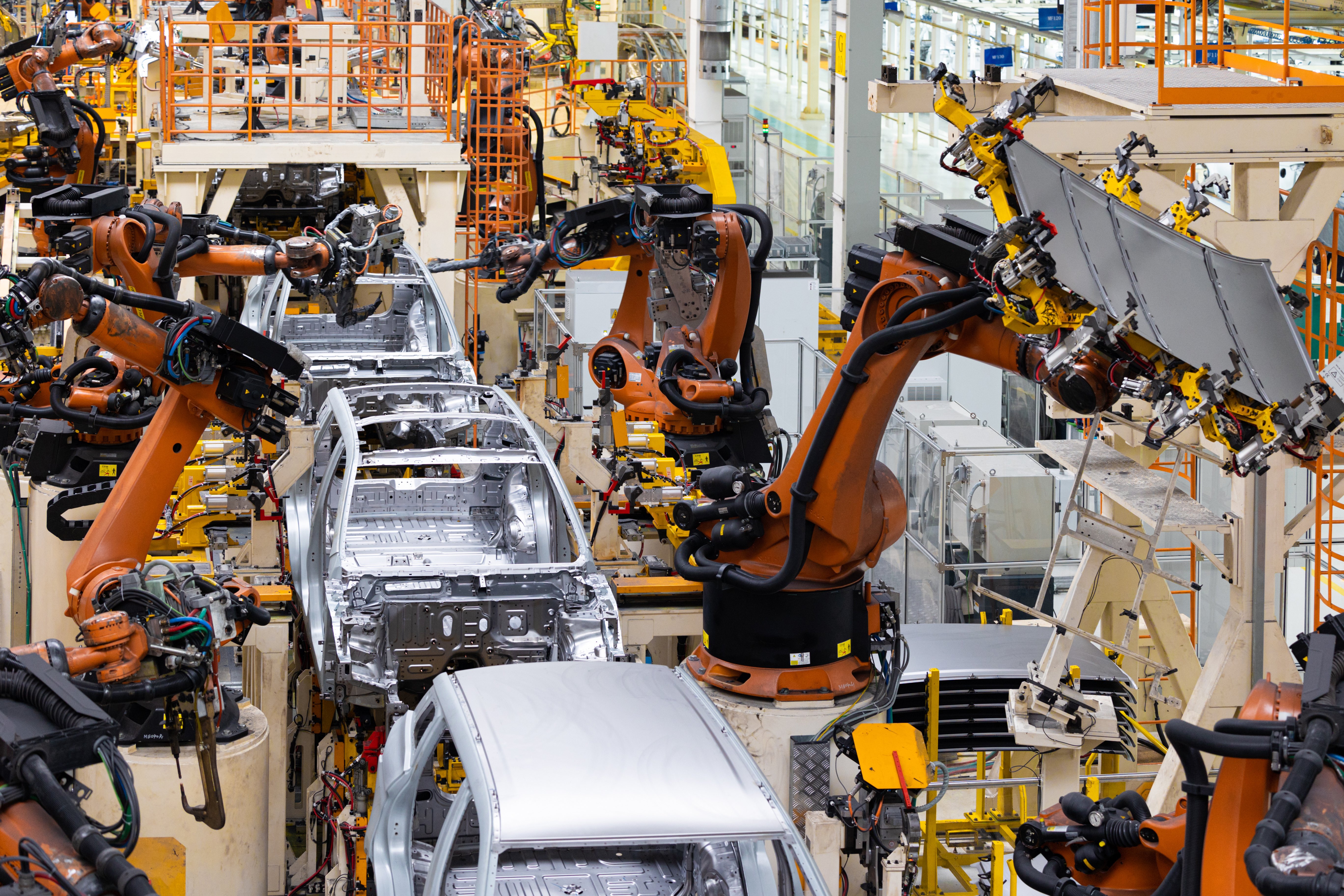Cutting-Edge Manufacturing Trends of 2025

Post Categories
2024-05-06
Robert Espinoza
The manufacturing landscape is rapidly evolving, driven by groundbreaking innovations and disruptive technologies. As a decision-maker in a manufacturing company, staying ahead of the curve is paramount to maintaining a competitive edge.
Five significant trends shaping the manufacturing sector in 2025
-
Industrial Metaverse and Extended Reality (XR)
The metaverse, a convergence of physical and virtual worlds, is making its way into manufacturing. Industrial metaverse applications, powered by extended reality (XR) technologies like augmented reality (AR), virtual reality (VR), and mixed reality (MR), are revolutionizing the way manufacturers design, produce, and maintain products. Real-time data visualization, remote collaboration, and immersive training are just a few examples of how the metaverse is transforming manufacturing operations.
-
Generative AI and Autonomous Manufacturing Generative AI
These technologies can create new content like text, images, and code, is poised to disrupt manufacturing. Coupled with advanced robotics and automation, generative AI systems can optimize production processes, design new products, and even generate machine code for autonomous manufacturing. As these technologies mature, we may see factories that can self-adapt and self-optimize, minimizing human intervention. -
Sustainable and Circular Manufacturing 2.0
Sustainability remains a top priority, but the focus has shifted to a more holistic approach. Manufacturers are embracing circular economy principles, where waste is minimized, and resources are reused or recycled throughout the entire product lifecycle. Innovations in bio-based materials, renewable energy, and waste-to-energy technologies are driving this trend, paving the way for a more sustainable future. -
Intelligent Supply Chain and Logistics 4.0
The supply chain and logistics sector is undergoing a transformation driven by Industry 4.0 technologies. Real-time data sharing, advanced analytics, and autonomous systems are enabling intelligent supply chain management. From self-driving trucks and drones for last-mile delivery to blockchain-powered supply chain traceability, the logistics landscape is becoming smarter, more efficient, and more resilient. -
Cybersecurity and Digital Trust
As manufacturing becomes increasingly digitized and connected, cybersecurity and digital trust have emerged as critical concerns. Manufacturers are investing in robust cybersecurity measures, such as secure-by-design principles, AI-powered threat detection, and blockchain-based data integrity solutions. Building digital trust through transparency and accountability is crucial for maintaining consumer confidence and ensuring the safety of smart manufacturing systems.
As a manufacturing company decision-maker, staying informed about these cutting-edge trends is essential for navigating the rapidly evolving industry landscape. By embracing innovation, sustainability, and digital transformation, manufacturers can position themselves for success in 2025 and beyond. Feeling concerned about employee retention with these advances? Don't be with these strategies.


